South Africa’s Energy Crisis Exposes Lack of Transformation
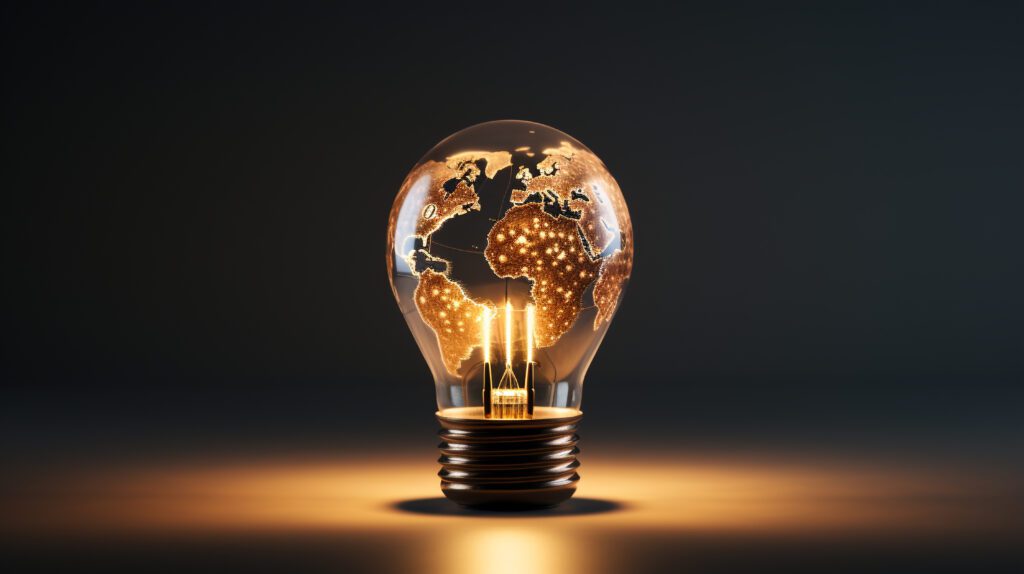
This year marks 30 years into democracy. A democracy which was fought for with too many lives. As the 29th of May draws closer each day, one can only wonder where we could have been as a country if the people, we have voted for had been intentional in transforming this country. Intentional in making sure that the previously disadvantaged are part of the decision-makers of this country, making decisions to better this country and move it in the direction of development.
This past weekend, it was beknown to me when the BMF Limpopo hosted an event under the topic: The urgency required to attend to the energy crisis in S.A, that the energy sector, a sector that has been affecting the growth and development of this country, is dominantly white. In last year’s Human Rights Day article, I stated that shale gas could be a game changer should the rocks under the Karoo hold economically recoverable natural gas reserves. A year later, I still carry the same sentiments which were supported by a Nuclear Engineer from NECSA who was a guest speaker at the event. Not only did this event help us realise the potential South Africa has in terms of being self-sufficient in energy but how difficult it is for black South Africans to enter this sector which is dominantly white.
The fact that this was previously raised in another BMF Limpopo discussion by the CEO of Energy and Water SETA, one realizes that this sector, which is flooded by whites needs radical transformation, transformation that will inspire inclusion and accelerate economic transformation. Economic transformation is necessary to enhance the quality of economic growth of a country, create jobs and reduce poverty in a long term, sustainable and inclusive way. It provides opportunities to previously disadvantaged people and communities and creates higher-wage jobs that are fulfilling and ensures that mental health needs are met. The constitution in South Africa places the achievement of equality as a foundational value, with section 9 guaranteeing the right to equality. Moreover, the National Development Plan (NDP) is a plan aimed to eliminate poverty and reduce inequality by 2030, with inclusive economic growth positioned as a central objective.
With all the relevant information and legislation, our country is found lagging in the objectives set for achievement. We are 6 years to 2030 and not close enough to achieving equality nor eliminating poverty. This then calls for restrictive policy measures aimed at economic transformation and inclusion to be investigated. Policies that will create avenues for wealth creation and economic empowerment and Initiatives that will foster an inclusive economy crucial for promoting entrepreneurship and innovation, essential drivers of economic development.
Initiatives that focus on inclusive education such as ensuring that all children, regardless of their background, have access to quality education is an example of one. This not only equips them with the skills and knowledge needed to pursue opportunities but also promotes social mobility and equal participation in the economy, thus moving closer to reducing poverty. According to UNESCO, inclusive education is essential for achieving sustainable development and promoting social cohesion. Another initiative could be dismantling barriers to entry and supporting small businesses and startups, especially those owned by women, youth, and minorities, making sure that sectors such as the energy sector have a fair representation of the color. In terms of the Employment Equity Act (EEA), designated employers are mandated to adopt affirmative action measures aimed at ensuring equitable representation of suitably qualified candidates at all workforce levels, fostering retention, and development.
This comprehensive approach will ensure that the skilled and knowledgeable will have equal participation in the economy and therefore contribute meaningfully. With the Eskom schedule in for Human Rights Day, may we find it vital to participate in the economy more especially in the energy sector to come up with more solutions that will permanently eradicate load shedding. May we remember that when one is equipped with the skills and knowledge, you have the right to equal participation in the economy including the sectors which are viewed as white. Lastly, may we lift as we rise to achieve the economic transformation that we all yearn for.

About the Author
Dikoti Masemola is a coordinator for the Advocacy, Thought-Leadership & Stakeholder Relations department at the BMF.
She holds a BCom Economics and Econometrics, as well as a BSc Hons Energy Studies from the University of Johannesburg.
Post Views: 617
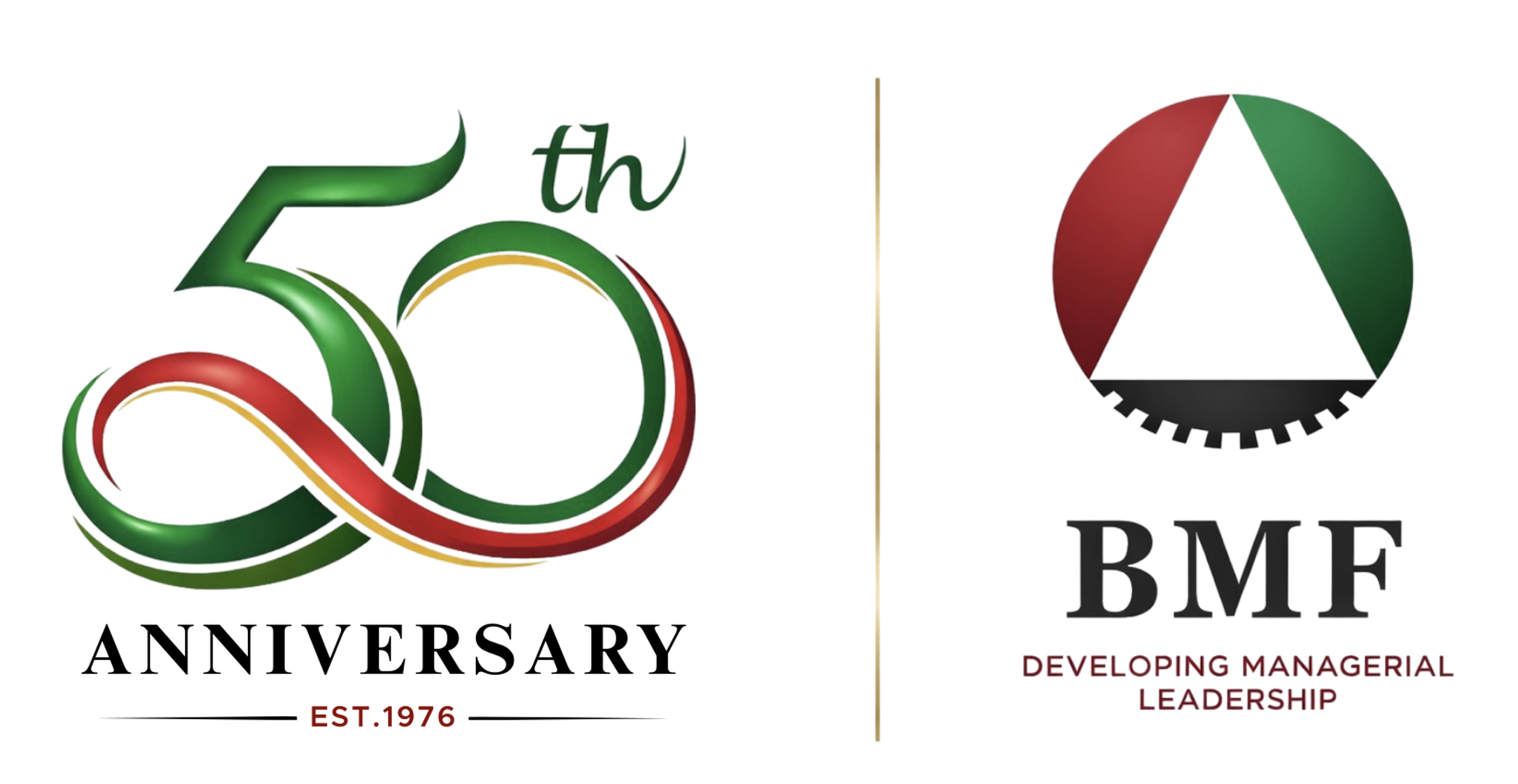
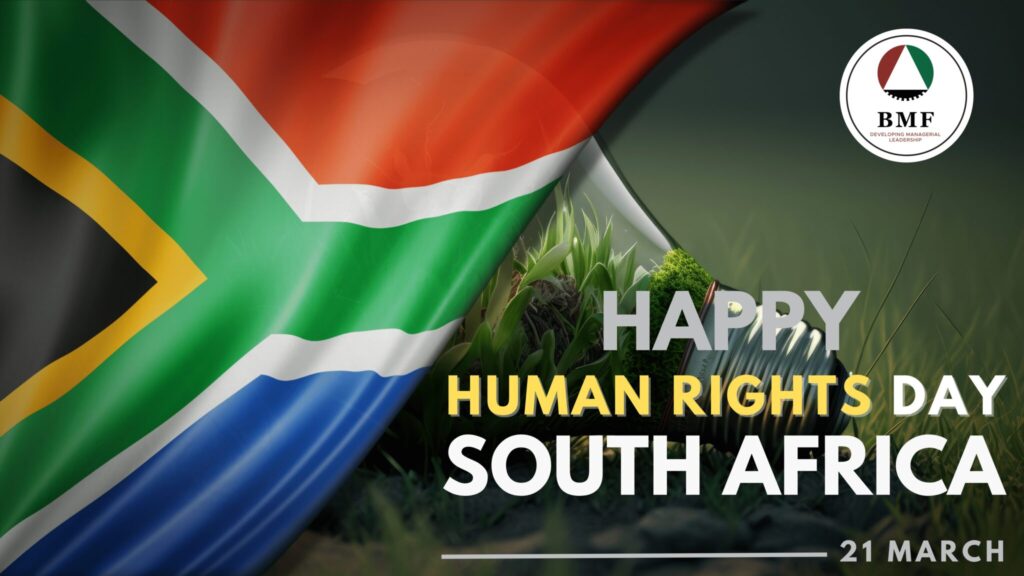

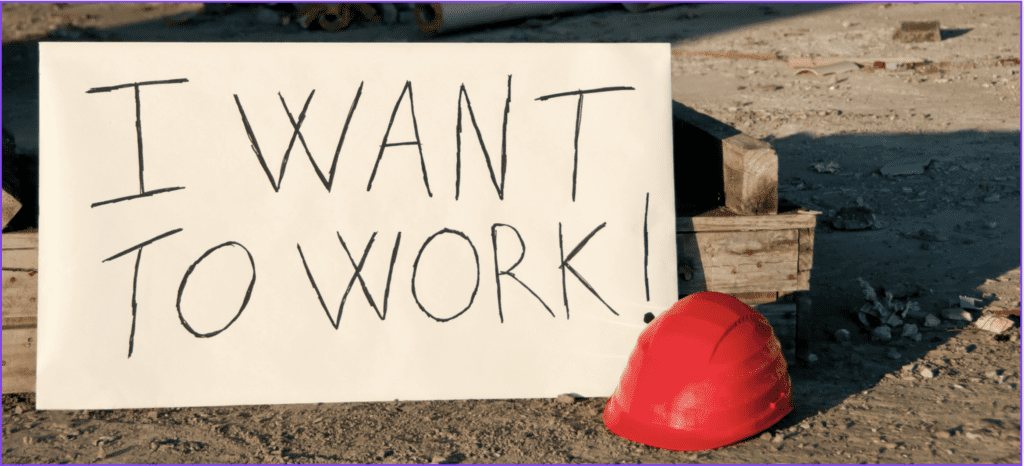
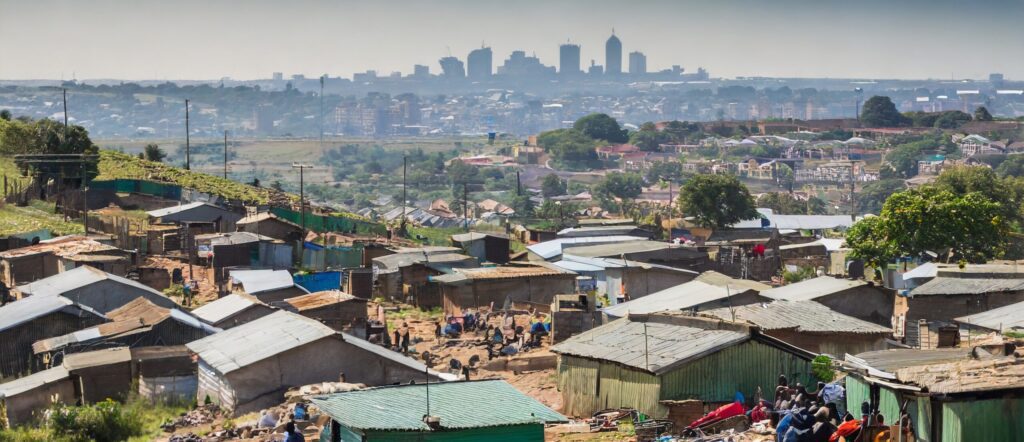
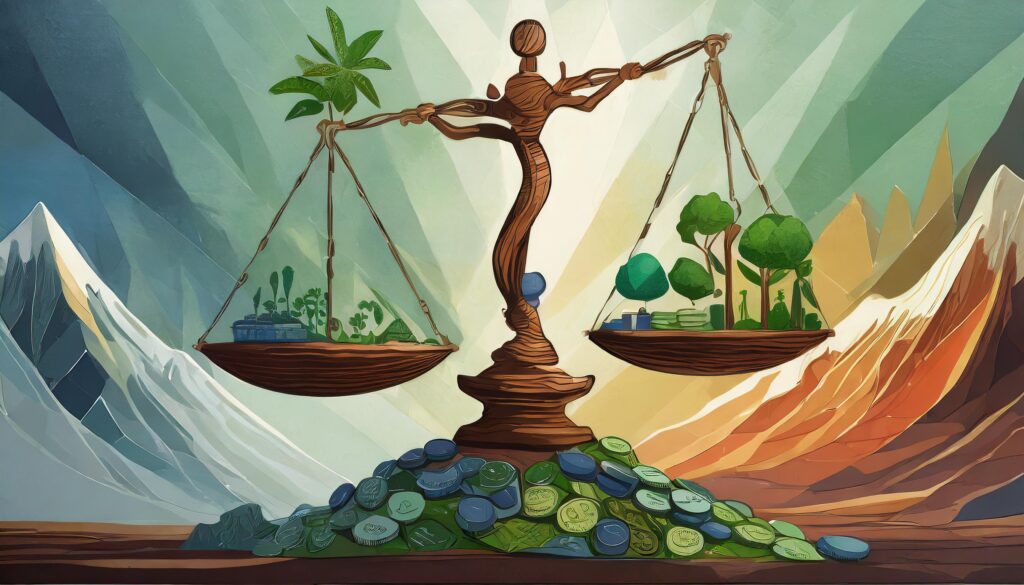
Responses